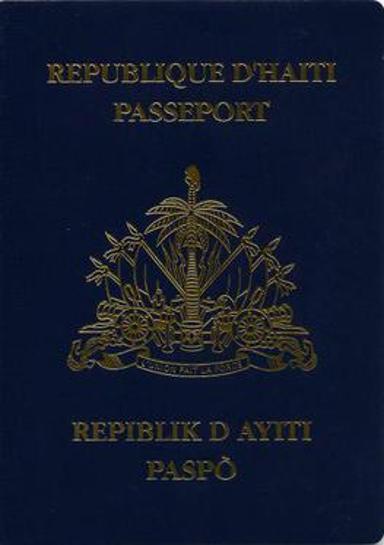Visa free access for Haiti
As a Haiti passport holder, you are permitted to travel visa-free to 92 countries and territories. This data is correct as of March 2024.
In order to travel visa-free, you will need a valid passport, often with at least six months until expiry. Additionally, you may need travel insurance, as required by your destination country.
Within these countries, there is often a separate section in airports where you can submit your Visa on Arrival. You will receive your visa on arrival (VOA) after entering the country that issued the visa.
Acquiring an eVisa follows the same process as applying for a traditional visa. The main difference with an eVisa is that you don’t need to visit a visa application centre. You can submit your application online, including making any payments relating to the visa.
Once the relevant authorities approve your application, you will receive a confirmation email regarding your visa status, along with a document that you must print and bring with you when crossing the border.
You will need a valid visa to enter the 92 countries with a Haiti passport.
About Haiti
Haiti, located on the island of Hispaniola in the Caribbean Sea, is a tropical country known for its rich history and vibrant culture. Its climate is generally warm, with coastal regions experiencing more temperate conditions and the mountainous areas being cooler. Haiti is prone to natural disasters, including hurricanes, earthquakes, and floods, which have significantly impacted its development.
The population of Haiti is approximately 11 million, making it the most populous country in the Caribbean Community (CARICOM) and the third most populous country in the Caribbean as a whole. The official languages are French and Haitian Creole, reflecting the country’s colonial history and diverse cultural influences.
Haiti’s culture is a unique blend of African, Taino, and European elements, most notably visible in its music, cuisine, and annual Carnival celebrations. Despite the country’s many challenges, the Haitian people are known for their resilience, creativity, and strong community spirit.
Economically, Haiti is primarily dependent on agriculture, manufacturing, and services. However, it is considered one of the poorest countries in the Americas, with significant challenges in health, education, and infrastructure. Despite these difficulties, the country has a growing entrepreneurial sector and has shown potential for economic improvement with the right investments and policies.
Haiti is a country of contrasts, with a rich cultural heritage and a resilient population, yet it faces significant challenges. Its passport, like the country itself, tells the story of a nation striving to overcome adversity and build a brighter future.

 Haiti
Haiti




































































































































































































